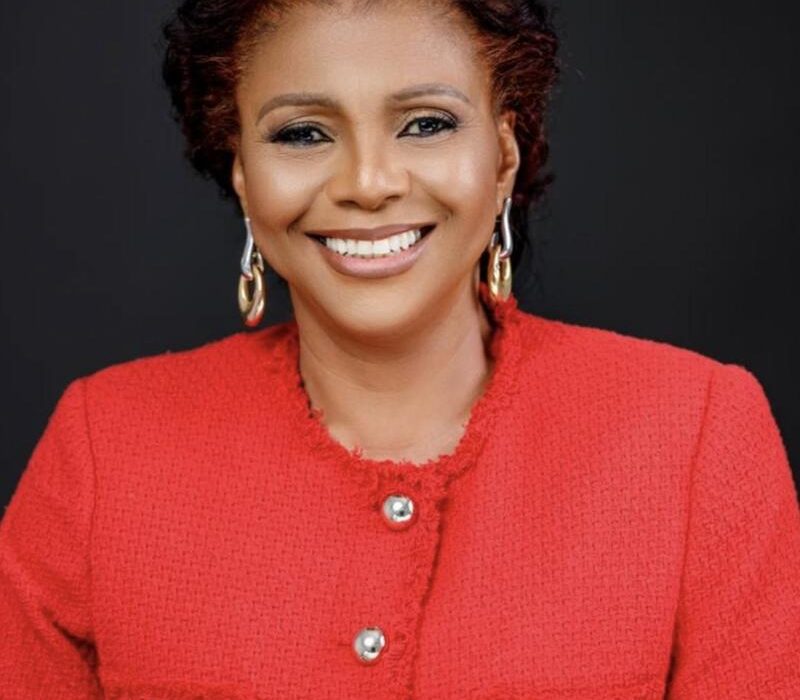An Emeritus Professor of Radiology and Director of the University of Nigeria Centre of Excellence for Clinical Trials, Ifeoma Okoye, has condemned the current maternal mortality rate in Nigeria, describing it as “brutality at its finest.” According to Okoye, despite heightened awareness and advocacy surrounding women’s rights and gender equality, Nigeria continues to fail in addressing the alarming maternal death toll.
In a statement that emphasized the gravity of the situation, Okoye pointed to statistics from the United Nations and the World Health Organization, which revealed that 70% of the 260,000 maternal deaths worldwide in 2023 occurred in Sub-Saharan Africa. Notably, Nigeria accounted for a large portion of these deaths, marking the country as one of the deadliest places for pregnant women.
In an interview with KIIN360, Okoye expressed frustration over the inadequate progress in tackling maternal mortality, particularly in Nigeria. She stated, “The world talks about equality, women’s empowerment, and saving lives, but when it comes to maternal mortality in Nigeria, we’re not just failing, we’re committing brutality at its finest. This is cold, hard fact wrapped in truth bombs.”
Citing the latest report from the United Nations, which pegged the global maternal mortality ratio (MMR) at 197 deaths per 100,000 live births, Okoye highlighted that Nigeria’s MMR is more than five times higher than that of stable regions, underscoring the deadly gap in healthcare. “In fragile settings like Nigeria, the MMR skyrockets, over five times higher than in stable regions. For a pregnant woman in Nigeria, your survival is not about strength but about whether the system will extend a lifeline. Unfortunately, it rarely does,” Okoye lamented.
Further, Okoye noted that despite global efforts, progress in reducing maternal deaths has stagnated, with only a 1.5% annual reduction in maternal mortality since 2016. At this rate, she stressed, Nigeria is unlikely to meet the Sustainable Development Goal target of reducing maternal mortality to 70 deaths per 100,000 live births by 2030.
Describing the situation as a “silent brutality,” Okoye painted a grim picture of the conditions many pregnant women face in the country. “It’s a mother bleeding out because there’s no blood bank nearby. It’s a baby gasping for air with no functional neonatal equipment. It’s a midwife standing helpless because she doesn’t have the right tools or training to save a life.”
Okoye also reflected on the broader challenges facing Nigeria’s healthcare system, citing decades of insurgency, corruption, and mismanagement that have left hospitals underfunded, understaffed, and underequipped. “Hospitals are still crumbling, and mothers are still dying,” she pointed out.
While she commended initiatives from individual donors and organizations like Breast Without Spot (BWS), who have provided neonatal resuscitation equipment to Nigerian hospitals, Okoye warned that these charitable efforts are not sustainable solutions. She emphasized the need for systemic reform, saying, “Handouts won’t fix systemic issues. What we need is accountability. Where is the money going? Why are hospitals still falling apart?”
Okoye called for increased investment in healthcare infrastructure, urging the government to treat hospitals as priority institutions rather than afterthoughts. She also stressed the need to train and retain healthcare workers through proper compensation. “We need to empower local leaders who understand the specific challenges of their communities,” she added, calling for stronger partnerships with organizations like BWS and the identification of local champions committed to improving maternal health.
The professor also called on Nigerians to demand transparency in the allocation of health budgets and to hold government officials accountable for the poor state of healthcare. She urged the public to advocate for better management of maternal health funds and to vote out leaders who have failed to deliver on their promises.
Okoye further underscored the importance of public education, particularly in maternal health. “Educating women about prenatal care, nutrition, and identifying danger signs during pregnancy is crucial in reducing maternal deaths. The reality is, many deaths are preventable with the right information,” she stated.
In closing, Okoye compared Nigeria’s paradox of wealth and suffering, saying, “On one hand, we have billionaires, booming industries, and global cultural influence, but on the other, we let mothers die in childbirth as if it’s still 1923. How do we reconcile this?”
She urged Nigerians to stay outraged and to turn that anger into action. “A society that lets its mothers die is a society destined to fail. If you’re outraged, good. Stay outraged. Speak up, donate, volunteer. Silence is complicity,” Okoye said, calling for everyone to play a role in solving the crisis. “The clock is ticking, lives are on the line. The question is, what will you do about it?”
